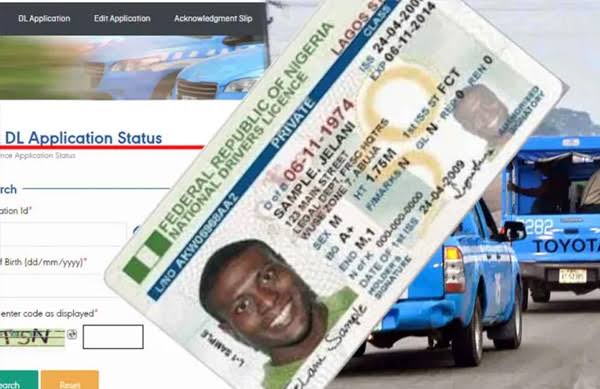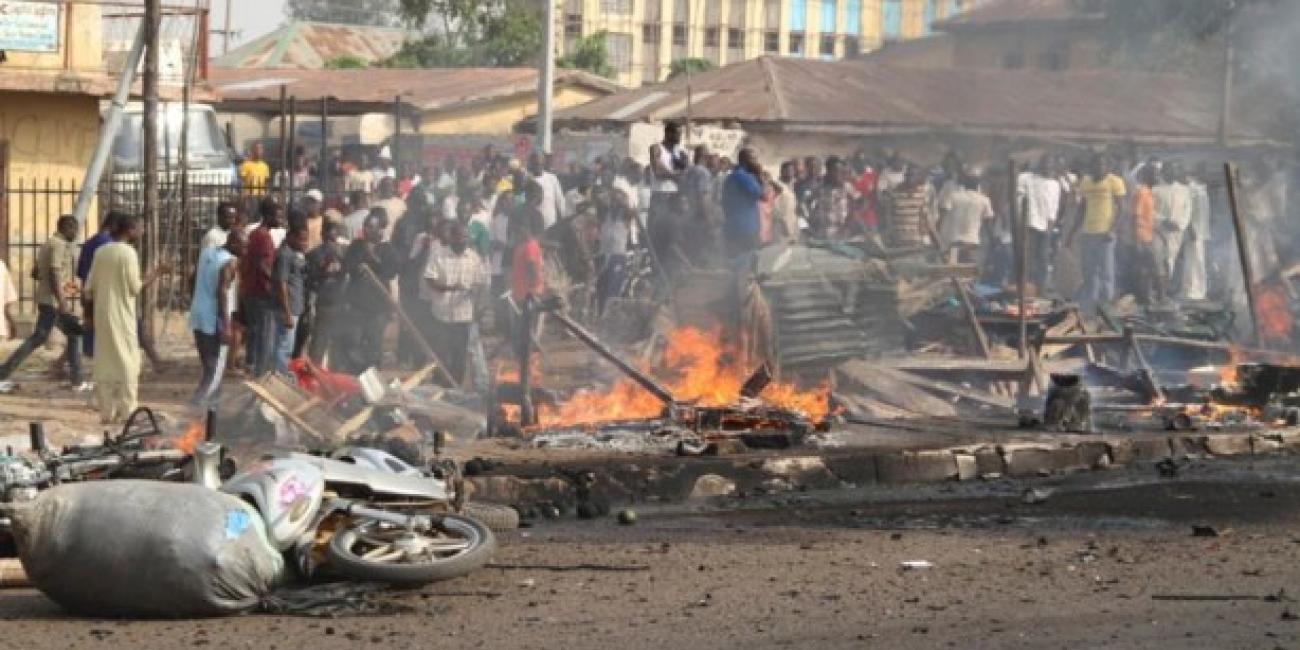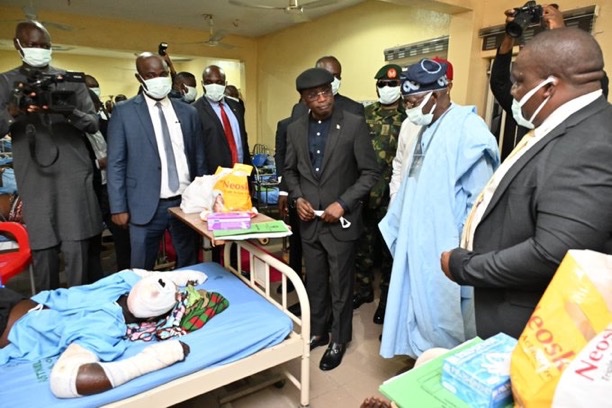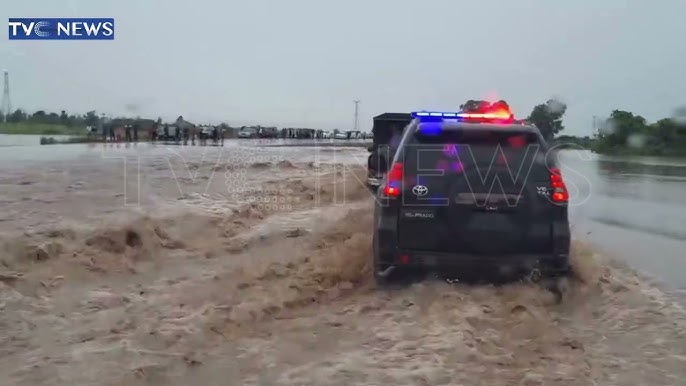The Joint Tax Board (JTB) in Nigeria has approved a significant revision to the pricing structure for driver’s licenses and vehicle number plates, with the new rates set to take effect from June 8, 2025. This adjustment, announced to address rising administrative and production costs, will impact millions of motorists and commercial operators across the country. The decision was reached following a comprehensive review by the JTB, in collaboration with the Federal Road Safety Corps (FRSC) and other relevant stakeholders, aiming to standardize fees nationwide.
For motor vehicle owners, the cost of obtaining a driver’s license will see a notable increase. A three-year driver’s license for motor vehicles will now cost ₦15,000, while the five-year option will be priced at ₦21,000. These fees reflect a shift from previous rates, which were lower but deemed unsustainable due to inflation and the rising costs of materials and technology used in license production.
Commercial tricycle operators, a critical segment of Nigeria’s transport sector, will also face adjusted fees tailored to their category. A three-year driver’s license for tricycle operators will cost ₦7,000, while a five-year license will be ₦11,000. The JTB noted that these rates were carefully calibrated to balance affordability for operators while ensuring the financial viability of the licensing system.
The cost of vehicle number plates has also been revised under the new structure. Standard private vehicle number plates will now cost ₦30,000, up from the previous rate of ₦18,750. Commercial vehicle number plates, such as those for taxis and buses, will be priced at ₦35,000, while articulated vehicle plates will cost ₦50,000. Motorcycle number plates, commonly used by commercial “okada” riders, will now cost ₦12,000.
The JTB emphasized that the fee adjustments are part of a broader effort to streamline vehicle registration and licensing processes across Nigeria. The new rates incorporate the costs of advanced security features embedded in licenses and number plates, such as anti-counterfeiting measures and digital tracking systems. These enhancements are designed to improve road safety, reduce fraud, and align Nigeria’s licensing system with international standards.
Implementation of the new fees will be overseen by the FRSC, which has already begun sensitizing the public through its state commands. Motorists and operators are advised to visit designated FRSC offices or accredited licensing centers to process their applications. The FRSC has also clarified that renewals and re-issuance of lost or damaged licenses and plates will follow the new pricing structure.
Public reactions to the fee hike have been mixed, with some motorists expressing concerns about affordability amid Nigeria’s economic challenges. Transport unions, particularly those representing tricycle and motorcycle operators, have called for government subsidies to cushion the impact on their members. In response, the JTB has assured stakeholders that the increased revenue will be reinvested into improving licensing infrastructure and road safety initiatives.
The fee adjustment comes at a time when the Nigerian government is pushing for greater digitalization of vehicle-related services. The FRSC has introduced online platforms for license and number plate applications, aimed at reducing processing times and minimizing human contact. However, challenges such as poor internet access in rural areas and technical glitches have slowed adoption in some regions.
To ensure compliance, the FRSC has warned that operating vehicles with expired licenses or unregistered plates will attract stiffer penalties starting June 8, 2025. Enforcement teams will be deployed nationwide to conduct random checks, and offenders risk fines or vehicle impoundment. The agency has urged motorists to plan ahead and renew their documents promptly to avoid disruptions.
The JTB and FRSC have also addressed concerns about potential exploitation by touts and unlicensed agents. Official channels, including the FRSC’s website and verified licensing centers, have been publicized to guide applicants. The public is encouraged to report any irregularities to the FRSC’s dedicated hotlines or the JTB’s grievance redress mechanisms.
This fee revision marks the first major overhaul of Nigeria’s driver’s license and number plate pricing in several years. The JTB has defended the increases as necessary to sustain the licensing ecosystem while enhancing service delivery. Stakeholders will be watching closely to see how the new structure impacts road users and whether promised improvements materialize.
For further information, motorists can visit the FRSC’s official website or contact their nearest licensing office. The transition to the new fees is expected to be seamless, with adequate measures in place to handle the anticipated surge in applications. As Nigeria moves toward a more modernized transport sector, these changes signal a commitment to efficiency and accountability in vehicle administration.




